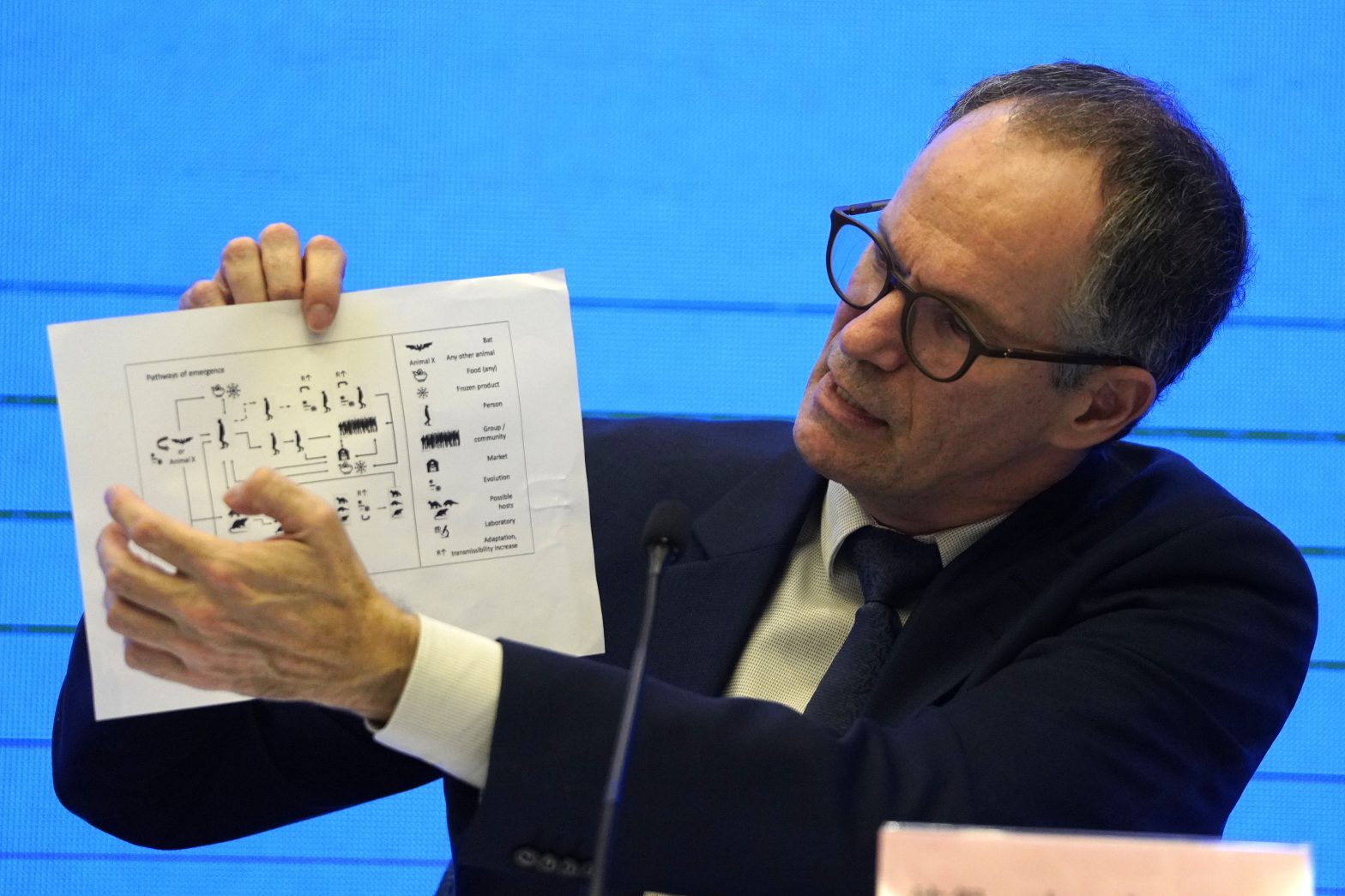WHO and UNICEF Launch Toolkit to Improve Adolescent Mental Health

The World Health Organization and UNICEF launched a toolkit for helping adolescents thrive based on evidence-based guidelines for the promotion and prevention of mental health conditions, and programmatic guidance for people working in the health sector, social services, and education.
The toolkit covers psychosocial interventions that work, such as multicomponent programs on emotional and behavioral problems focused on reducing anxiety, such as The Adolescent Girls Empowerment Program.
It also provides the legal foundations required for such programs to succeed, the environments that are conducive to the well-being of adolescents, and what support should be provided to parents and other caregivers.
There is also a supplemental comic book component and teacher’s guide, the first in a series, which refers specifically to adolescents’ experiences during the COVID-19 pandemic.
The additional book and guide are intended to be used by school-based professionals who work with adolescents aged 10-14 years for planning and facilitation of classroom activities focused on socio-emotional learning, such as journal writing.
According to the World Health Organization, currently half of all mental health conditions start before the age of 14 and are the leading causes of illness and disability among adolescents, with suicide the fourth most common cause of death in people aged 15-19 years.
The toolkit draws on four targeted strategies to allow teachers and parents to better connect adolescents and understand their growing needs during COVID-19, by providing resources on income, improvements in environments, such as schools, digital spaces and communities, targeting caregiver support, and ensuring access to mental health interventions, such as restricting access to means of suicide.
The 172 pages of toolkit materials can be accessed online.























